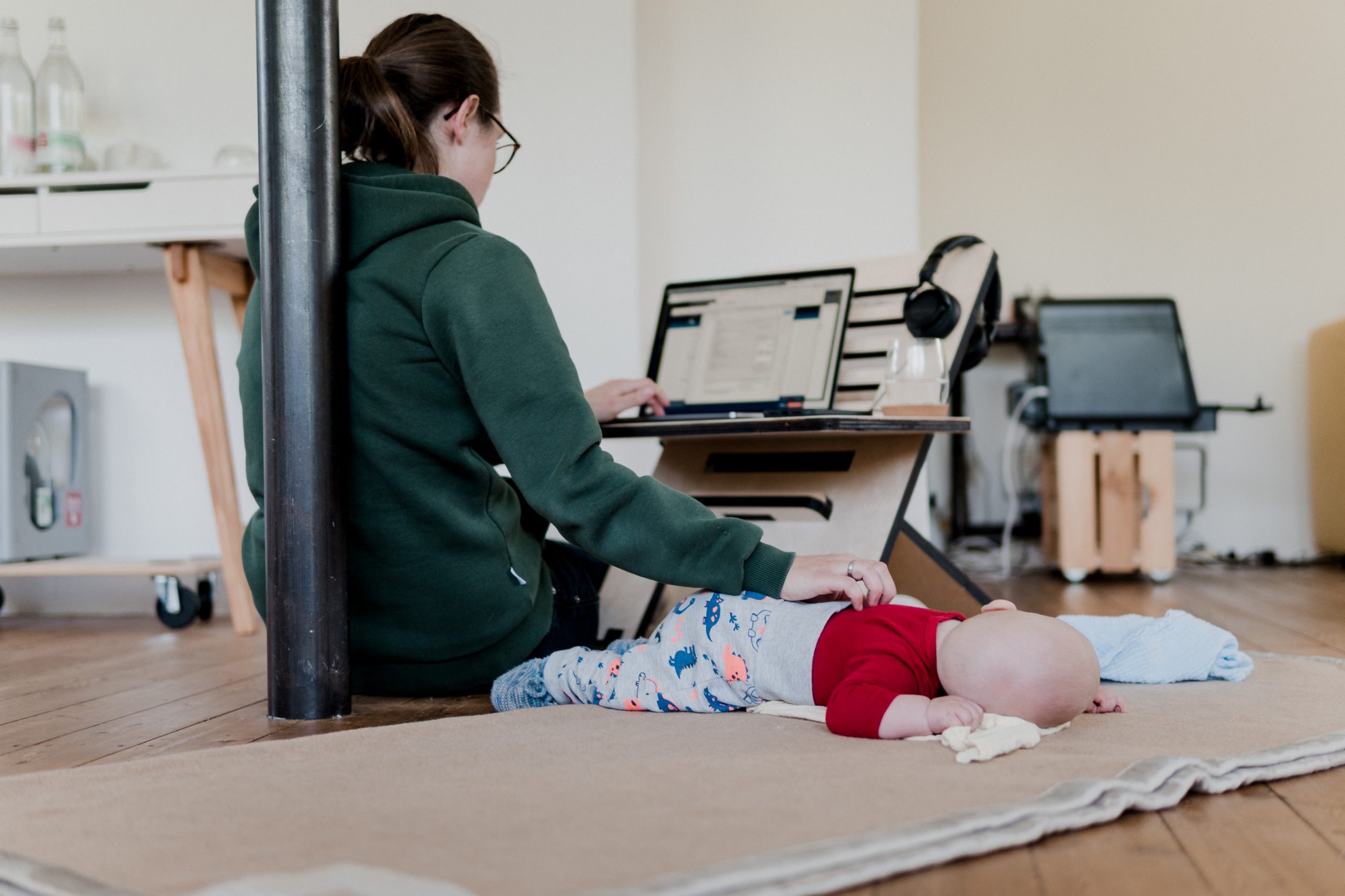8 Things to Consider Before Quitting Your Job Because the Kids Are at Home

Written by: Bill Engel, CFP® | Senior Vice President
The coronavirus pandemic is hitting working parents hard. With many schools still closed for in-person classes, parents have to juggle work, childcare, and help their children with remote learning. A recent survey found that 40% of parents have changed their work situation because of these demands, and 15% of parents quit their jobs.
If you and your spouse or partner are now having conversations about whether or not one of you should quit your job to be at home with your kids, make sure you do your due diligence to understand the cost versus benefit of this decision. To help, I’ve put together this checklist to weigh the options:
- Take-home pay
First, work out the math and see at the end of the day how much you are taking home and decide if that amount is really needed or if you’ll be ok without it. Even before the pandemic hit, I would have conversations with dual-income families, and many didn’t realize how much it cost them to both be working. For example, one spouse may have a salary of $50,000, but once you subtract taxes, commuting costs, work wardrobe costs, and childcare costs, they’d discover they are only netting $12,000 a year. For some families, that $12,000 is a difference-maker. For others, it’s not.
- Retirement
Assuming you are currently contributing to an employer-sponsored retirement plan like a 401(k) and getting a match, you have to figure out if there is a way for you to make up that money or at least some of it after you quit your job. Can you open a spousal IRA and put some money towards retirement there? Or can the spouse who is still working increase their contribution to a retirement account? The other option is to know you will lose out on that money for retirement and factor it into your financial plan.
Leaving the workforce may also lead to a reduction in the Social Security benefits you’re entitled to later in life. Social Security is calculated by your average indexed monthly earnings during the 35 years in which you earned the most. You are entitled to your own benefits or half your spouse’s, whichever is higher.
- Healthcare
If you quit your job, will you and your family still have health insurance? Can you get onto your spouse’s plan, and if so, will it cost more money to do so? Every company is different with what they offer and what your out-of-pocket costs are. Your company’s human resources department may be able to give you an analysis that says what your total compensation is including benefits and other options like an FSA or HSA. This can be helpful to see and will allow you to do an apples to apples comparison with your spouse.
- Rehiring repercussions
Could quitting your job and being out of the workforce for a period of time hurt your chances of being rehired in the future? This is a long-term consideration if skills are lost over time. If you have plans to reenter the workforce down the line, consider continued education or other options to stay on top of trends in your industry.
- Life insurance
If you are going from two working parents to one, that remaining working parent needs to make sure they have life insurance to take care of the family, financially. If they already have life insurance, you might need to consider increasing the amount to replace two incomes, not just one.
- Disability insurance
Can you afford for the new sole breadwinner in the family to become incapacitated? Disability insurance can help make up for that loss of income. Without disability insurance, the non-working spouse may be forced to reenter the workforce, and you could be back to square one with having a working spouse and another on disability and still needing help with childcare and remote learning.
- Emergency fund
An emergency fund is necessary to provide some insurance against job loss, disability, or some other reason why you may not be able to work for a period of time. If the sole breadwinner loses their job, the emergency fund now has to cover everything for the whole family. It won’t just be replacing one person’s income, but two. A general rule of thumb is to have three to six months of living expenses saved in your emergency fund. But if you’re going down to just one income, my advice is at least to have six months’ worth of living expenses.
- Credit score
Maintaining your credit score will still be important even without an income. You’ll want to keep a few credit cards and bills in your name so that your credit doesn’t get dinged for a long period of no activity.
The bottom line, you can’t account for everything, but you want to make sure you are thinking through possible risks and covering as many as you can.
About the Author:
Bill Engel, CFP®
Senior Vice President
Fort Pitt Capital Group, LLC
680 Andersen Drive, Pittsburgh, PA 15220
(412) 921-1822 | bengel@fortpittcapital.com


